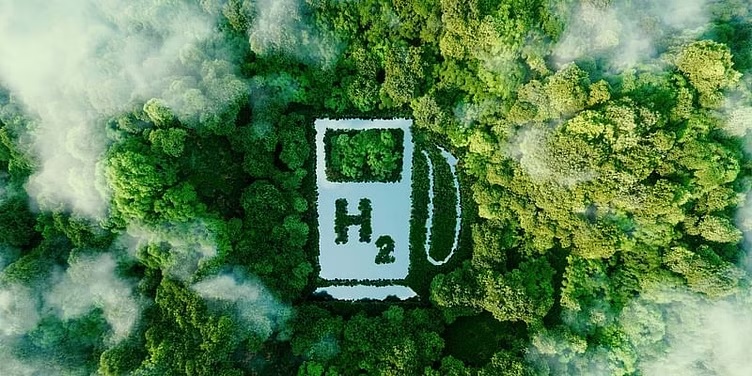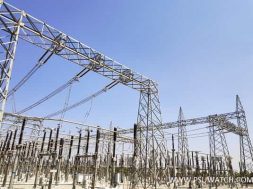
GANDHINAGAR : The state revenue department has announced its policy for allotting government wasteland to companies that intend to produce green hydrogen – hydrogen which is produced using renewable energy (RE).
The state will also extend to them all the benefits being accorded to other renewable energy (RE) projects such as wind, solar and wind-solar hybrid. The Gujarat government has already signed MoUs with five top corporate entities for allotment of sizable pieces of government wasteland for upcoming green hydrogen projects. Government wasteland will be leased to such companies for a period of 40 years.
They will have to pay an annual rent of Rs 15,000 per hectare with a 15% increase every three years. Other conditions stipulated are that these companies will need to complete lease agreement procedures within six months of approval, and 50% of their green hydrogen production capacity must be reached within five years of commissioning the plant and 100% within eight years.
Companies that apply for green hydrogen projects will get “deemed NA status”, meaning they will not have to convert the land purpose from agricultural to non agriculture.
Land allotted for these projects cannot be used for any other purpose.
The government resolution states that tripartite agreements will be filed while setting up green hydrogen projects between the developer, the collectorate concerned and Gujarat Power Corporation Ltd (GPCL), which is the nodal agency for implementing green hydrogen projects in the state. The government also listed qualifications for companies to apply for land for such projects. They should have generated at least 1 lakh metric tonnes of green hydrogen. They must have prior experience of producing at least 500MW of renewable energy or should be a user of brown, grey or blue hydrogen.
“All policy incentives for other RE projects will be extended to these companies. The state aims to take the lead in green hydrogen production in the country and conducive policies are being chalked out,” said a government official. The Centre had earlier announced that under the Intended Nationally Determined Contributions (INDT), India aims to be a net-zero emissions country by 2070. India has also undertaken to reduce its carbon emissions by 45% by 2030, by sourcing 50% of its energy from renewable sources.












